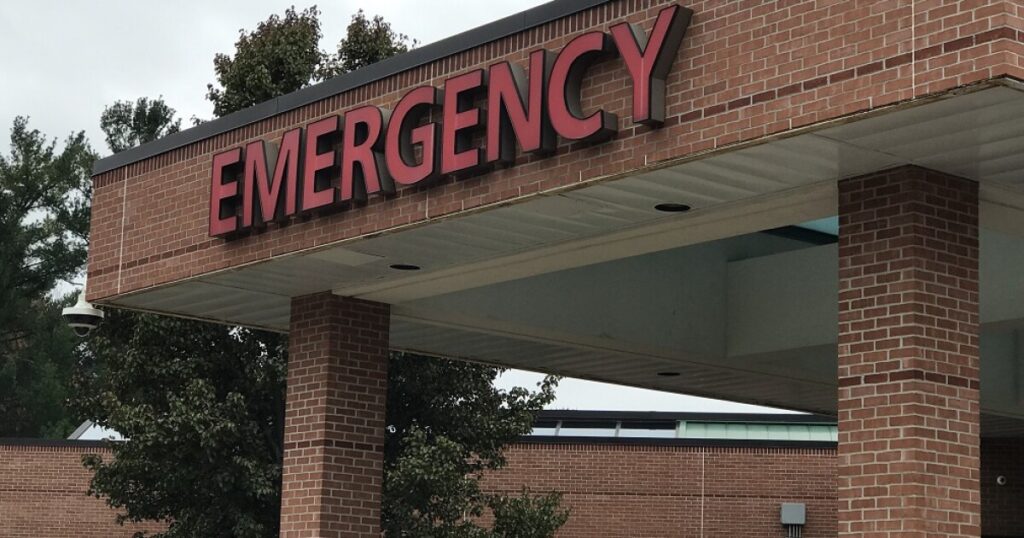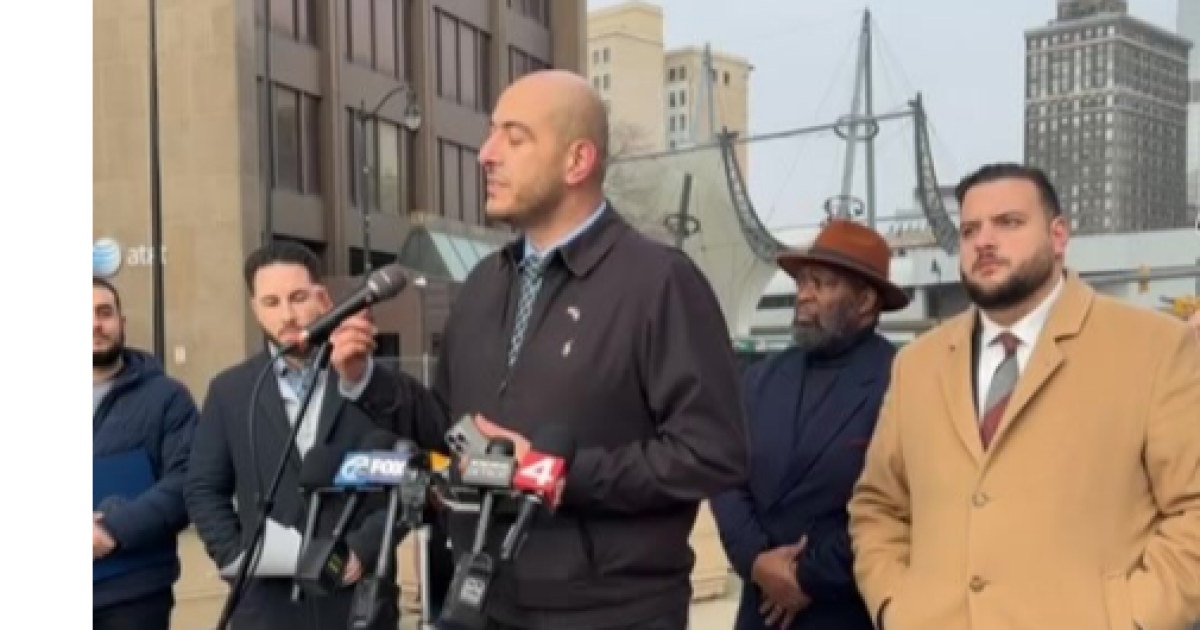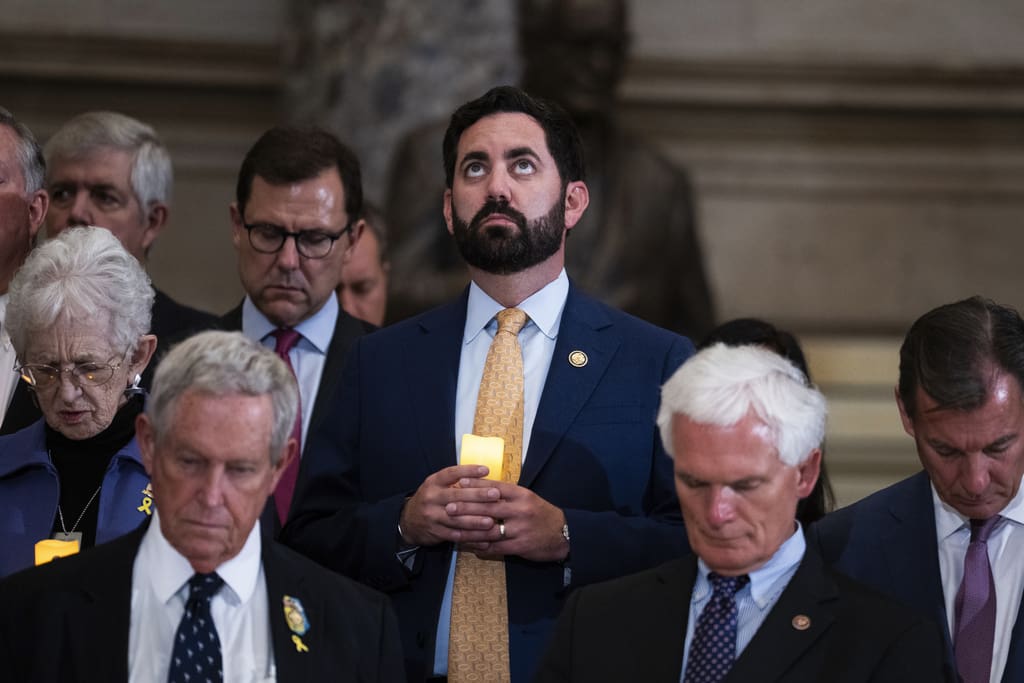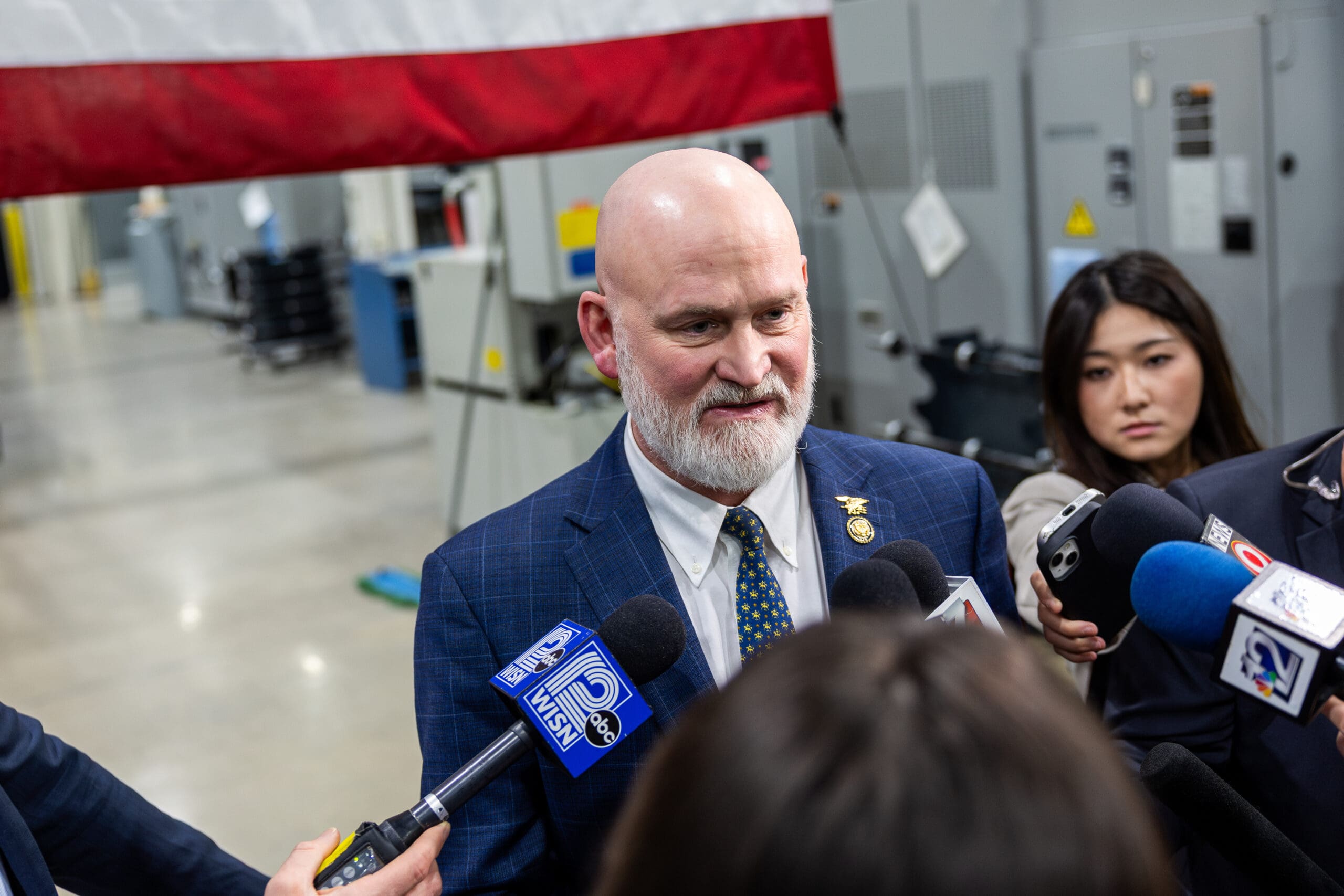Efforts to Mitigate Medicaid Cuts in Michigan
Facing a significant reduction in federal Medicaid funds, a coalition comprising healthcare industry leaders and policy makers is actively seeking solutions to mitigate the resulting challenges.
President Donald Trump’s recent legislation, which enacts a trillion-dollar cut in Medicaid funding over the next ten years, has raised alarms about potential coverage losses for thousands of Michigan residents and the possible closure of financially vulnerable rural hospitals.
Brian Peters, CEO of the Michigan Health and Hospital Association, emphasized the urgent need to keep these hospitals operational and ensure continued access to healthcare. “Let’s add new policies, new funding that could help to support the folks who are trying to create access in our communities throughout the state,” Peters stated.
Despite the coalition’s efforts, devising new policies and securing funding remains a challenge. Michigan hospitals alone anticipate a loss of approximately six billion dollars in Medicaid reimbursements over the coming decade.
Advocates suggest that eligible Michigan residents apply for Medicaid now, as key aspects of the legislation—referred to as the Big Beautiful Bill—will not be implemented until 2027. Nonetheless, the impending cuts are influencing current decisions.
Hospital administrators are currently evaluating capital expenditures and staffing, while state officials are deliberating on the implementation of new work requirements stipulated by the law. Elizabeth Hertel, director of the Michigan Department of Health and Human Services, remarked, “We do believe there are ways to implement some of the policies in here with minimal disruption for people who have covered services.”
Many Medicaid recipients are understandably concerned. Jennifer Middlin, a 45-year-old mother of three from Ingham County who recently suffered a traumatic brain injury, shared her apprehensions. Formerly employed full-time, she lost her job and healthcare, subsequently relying on Medicaid. Middlin expressed her distress: “To say that there’s no harm right now, I think is a little bit of a misnomer. I don’t sleep. I don’t know what’s next for me, I can’t plan my future right now.”
—
Read More Michigan News










